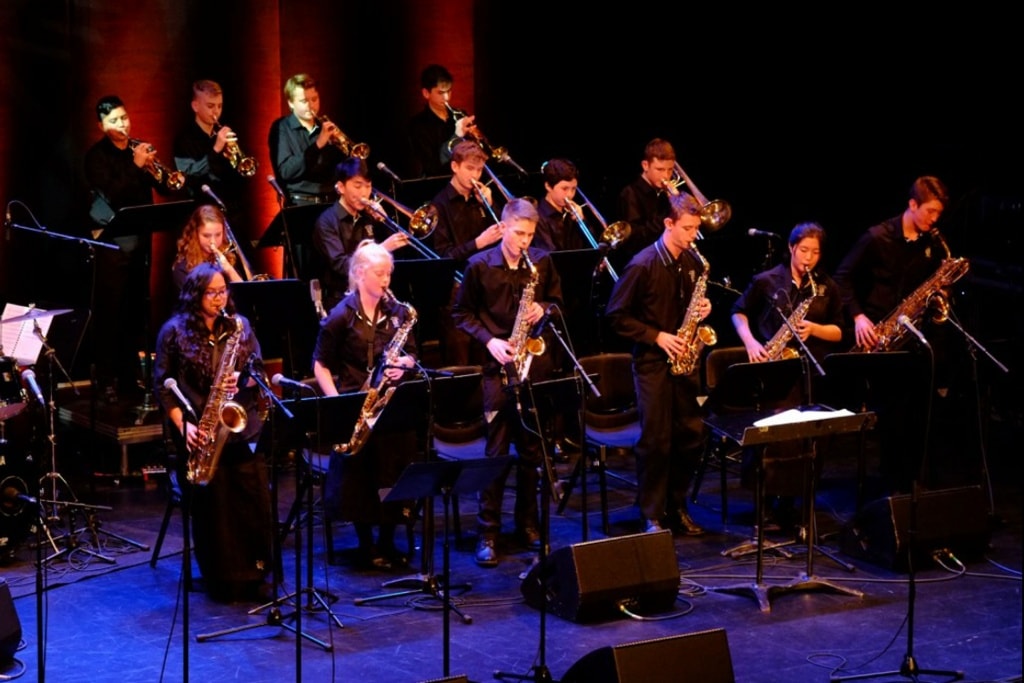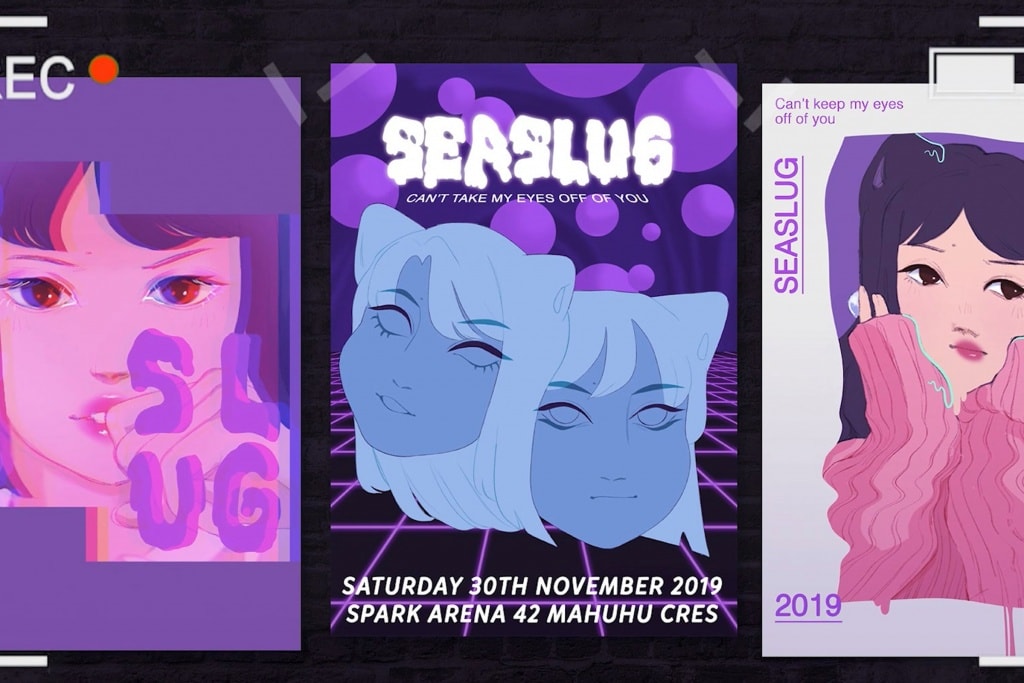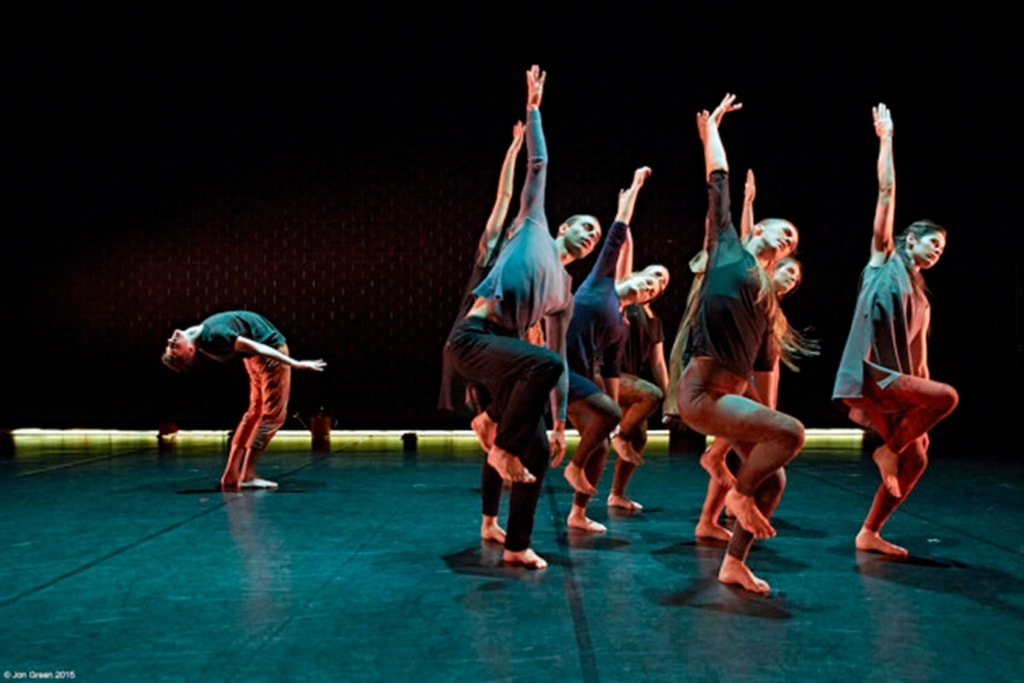
Level 3 Art History
Level 3
Art History makes you think and question “What is culture?” Students will participate in discussions and contribute to the classes collective, growing knowledge and understanding of the meaning and styles of art and how this fit into broader context of history and culture. It develops the skills in visual literacy, making you examine, argue, respond, critique, analyse and interpret images in a world that is saturated with imagery. Apply understanding from broad and deep research provides a deeper understanding of different cultural traditions and historical periods and teaches us the importance of creativity, freedom of imagination and art. It helps us understand the theories, contexts and values of different times and places. You will discover visual evidence of who and where you came from through artworks from a variety of cultures including New Zealand developing confidence and a strong cultural identity. You will discover visual evidence of who and where you came from through artworks from a variety of cultures including New Zealand. It will help you appreciate art, know what is “good art,” visit exhibitions, buy and collect art and appreciate the sights and the art of other cultures when you travel. It will broaden your mind to embrace new perspectives and ways of seeing. Along the journey you may discover a passion for the scientific aspects of art restoration, or curating exhibitions or writing about art.
Course Information
What Knowledge Will I Develop?
As a species, we are shifting from predominantly verbal thinking to visual thinking. Learning is becoming more visually- and less text-oriented; this requires us to respond not just with analysis or rote memorization, but also with emotional insight. Art History offers you the tools you need to respond to this cavalcade of imagery. Think of it as a type of language, one that allows the user to successfully navigate new territory. Every picture tells a Story. But what story does it tell? From who’s perspective? Art history will answer big questions by exploring meaning, context and style. You will learn to analyse artworks, decoding key meaningful features and ideas which you will relate back to the artists intensions and ideas. Art history is an essay-based course. It requires good writing skills and a willingness to engage with challenging texts. You will compare research and argue the value and worth of the ideas discussed. Styles explored in the course are: Early Italian Renaissance Art including Italo-Byzantine, Florentine, Classicism, Sienese, Naturalism, International Gothic. Modernist styles including Abstraction, Neo Dada, Feminism, Postmodernism, Abstract Expressionism, Pop Art, Realism. And Contemporary Art movements including: Post Colonialism, Conceptual, De-constructivist, Site-specific, Anti-aesthetic, Digital Installation, Collaborative art. The contextual effects of Religious and Christian rituals, the influence of Classical Roman heritage, Patronage and domestic contexts for art and Alberti’s invention of Mathematical perspective. Globalisation, capitalism and commodification, new technologies, power structures and hierarchies, and post-colonialism. Social, Economic and Political contexts. Mass media and the impact of the art world including galleries, dealers, museums. In Early Italian Renaissance art, we look at the meaning and symbols and context of Christian stories and themes, the life and role of saints, including Jesus and the Virgin Mary. People: everyday life, wealth and status, portraiture. Classical influences and the development of humanism. Nature and landscape. In Modernism we look at Place, Philosophy and spirituality, Identity, The everyday, popular culture, and consumerism, Meanings and ideas about art. In Contemporary diversity we look at the meaning and symbols of: Reality, Identity – self, gender, ethnicity, Narrative, Popular culture, commodification, Meanings about art, media, and culture.
How Will The Course Contribute To My Qualification?
| Code | Title | Credits | Internal | External | Core | Optional | L1 Literacy | L1 Numeracy | UE Reading | UE Writing | Date |
|---|---|---|---|---|---|---|---|---|---|---|---|
| Code 91484 v2 | Title Examine the relationship(s) between art and context | Credits 4 | Internal | External y | Core | Optional y | L1 Literacy | L1 Numeracy | UE Reading y | UE Writing y | Date 29-11-2021 |
| Code 91483 v2 | Title Examine how meanings are communicated through art works | Credits 4 | Internal | External y | Core | Optional y | L1 Literacy | L1 Numeracy | UE Reading y | UE Writing y | Date 29-11-2021 |
| Code 91482 v2 | Title Demonstrate understanding of style in art works | Credits 4 | Internal | External y | Core | Optional y | L1 Literacy | L1 Numeracy | UE Reading | UE Writing y | Date 29-11-2021 |
| Code 91487 v1 | Title Examine the different values placed on art works | Credits 4 | Internal y | External | Core | Optional y | L1 Literacy | L1 Numeracy | UE Reading y | UE Writing | Date 08-11-2021 |
| Code 91486 v1 | Title Construct an argument based on interpretation of research in art history | Credits 4 | Internal y | External | Core y | Optional | L1 Literacy | L1 Numeracy | UE Reading y | UE Writing | Date 01-11-2021 |
| Code 91488 v2 | Title Examine the relationship(s) between a theory and art works | Credits 4 | Internal y | External | Core y | Optional | L1 Literacy | L1 Numeracy | UE Reading | UE Writing | Date 16-08-2021 |
| Code 91489 v1 | Title Analyse texts about art | Credits 4 | Internal y | External | Core y | Optional | L1 Literacy | L1 Numeracy | UE Reading y | UE Writing | Date 07-06-2021 |
Entry Requirements
Course Related Costs
Companion Subjects
Subject Combination Notes
Students must seek HOD approval if considering more that two practical art subjects at Level 3



